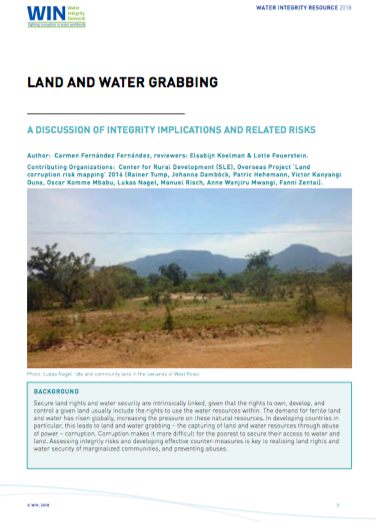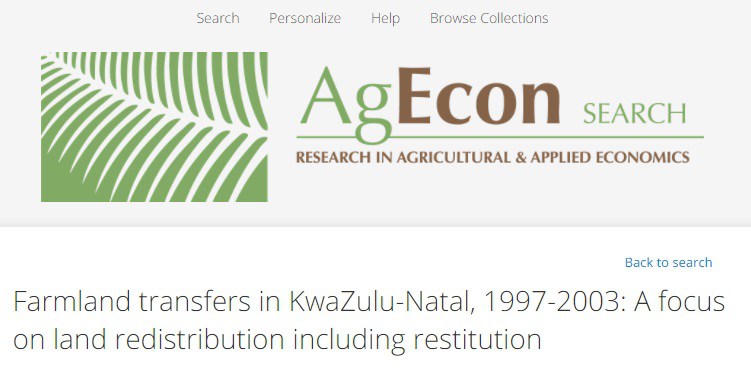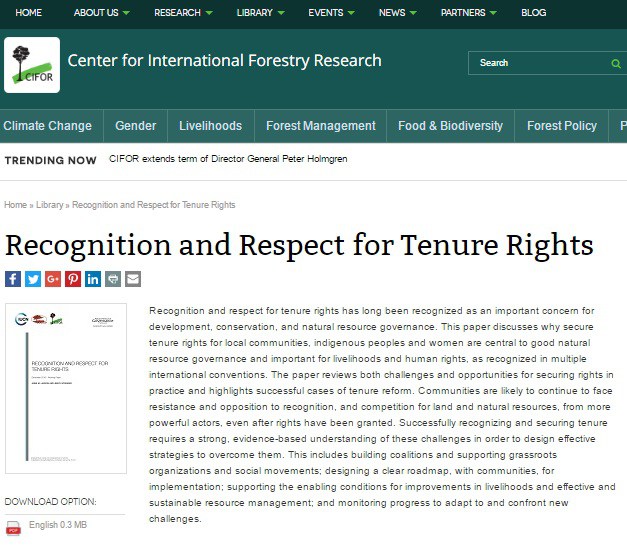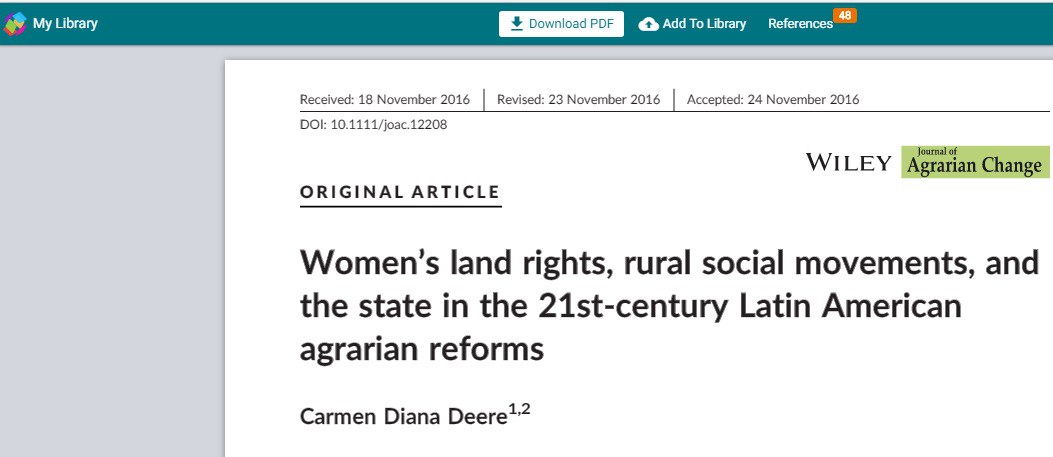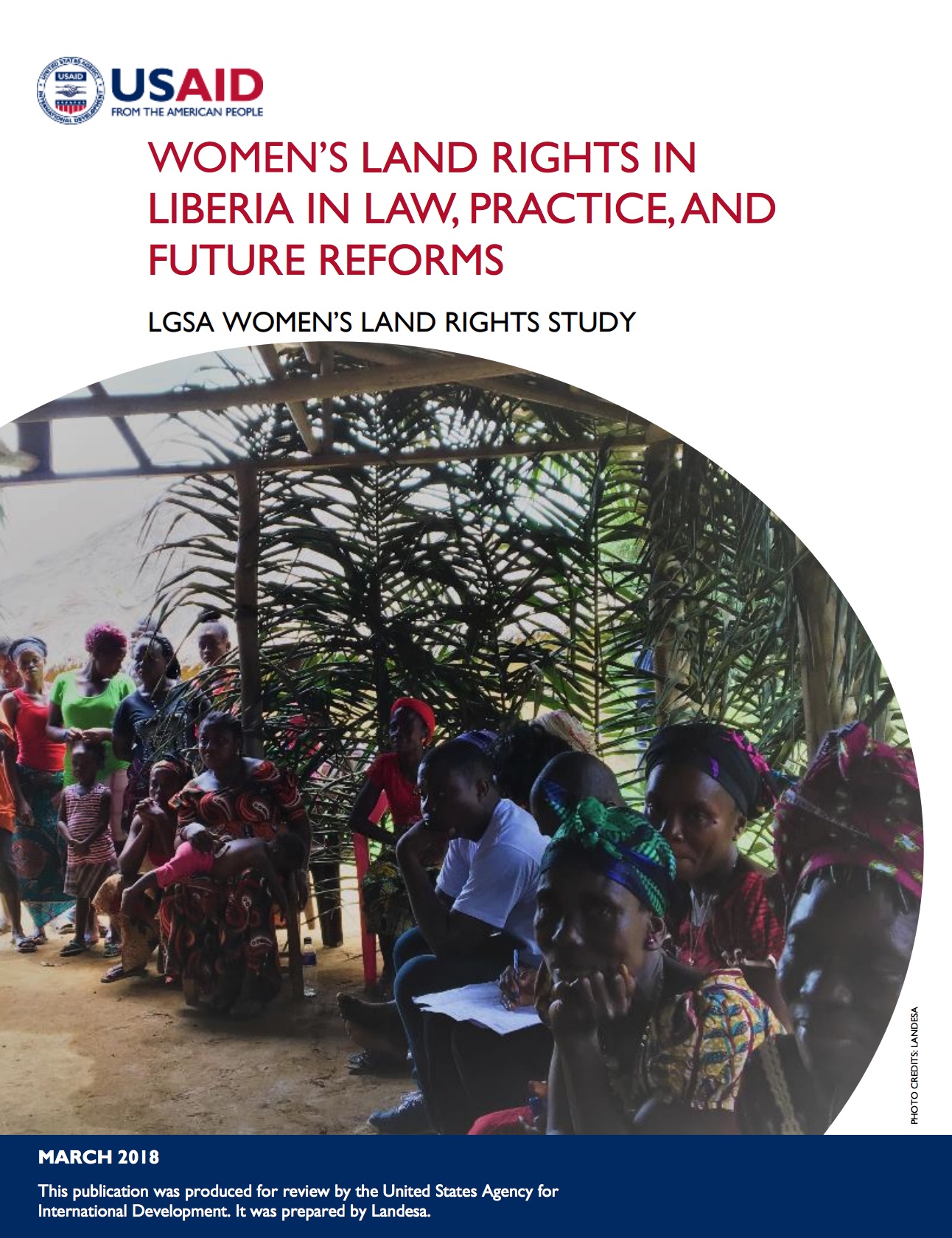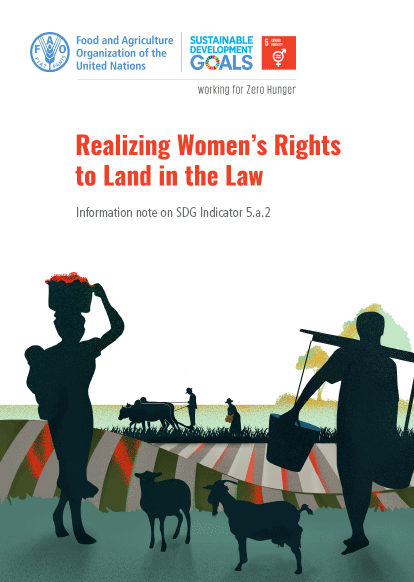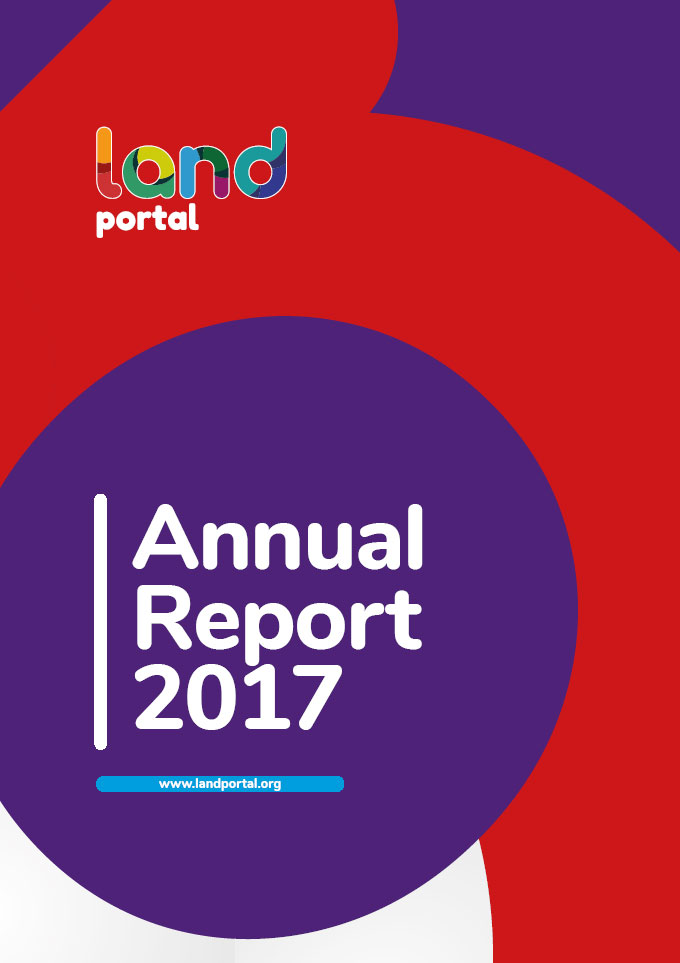Land and Water Grabbing
IN’s latest resource is an introduction to the topic Land and Water Grabbing: A discussion of integrity implications and related risks, which discusses the integrity implications and risks of land and water grabbing. The essay examines the link between land and water grabbing, the people that are most impacted by this, and legal frameworks related to both land and water rights. Land and Water Grabbing describes the impacts of land and water grabbing in Kenya and Ethiopia.

